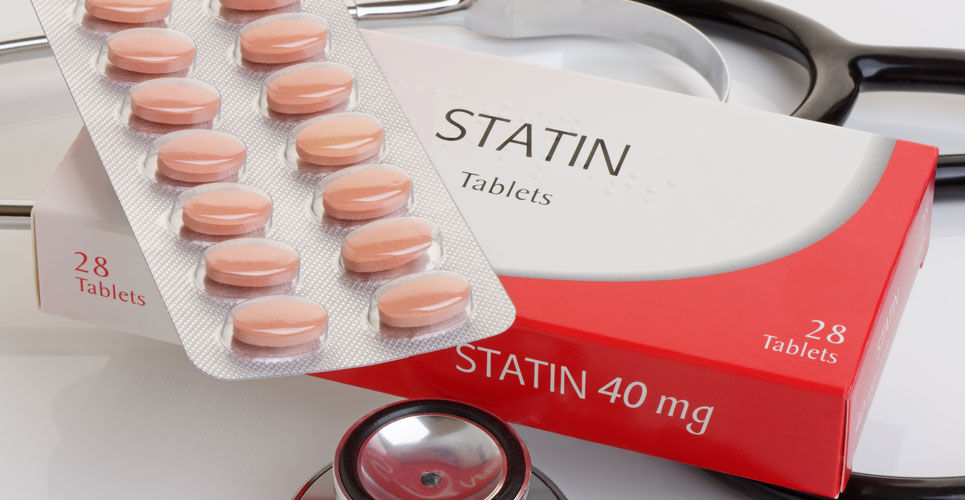Use of bempedoic acid among statin-intolerant patients reduces the incidence of major adverse cardiovascular events compared to placebo
Bempedoic acid (BA) modulates both ATP-citrate lyase and AMP-activated protein kinase activity thereby reducing LDL cholesterol. In addition, bempedoic acid is an alternative LDL lowering agent for statin-intolerant patients. Nevertheless, while the drug can reduce LDL cholesterol whether it could also reduce major adverse cardiovascular event (MACE) is uncertain. This was the purpose of the current CLEAR outcomes trial.
In a randomised, double-blind, placebo-controlled trial, researchers gave the drug to statin-intolerant patients. The participants were also at an increased risk of a cardiovascular event. This could be either due to a prior cardiac event (secondary prevention) or an elevated risk (primary prevention). Participants received oral bempedoic acid 180 mg daily or placebo. The primary endpoint was a four-component composite of major adverse cardiovascular events. These events were death from cardiovascular causes, nonfatal myocardial infarction, nonfatal stroke, or coronary revascularisation.
Bempedoic acid outcomes
There were 13,970 patients in the trial with 6,992 receiving BA. Participants were followed for a median of 40.6 months.
The mean LDL cholesterol level after 6 months of treatment with BA was 2.77 mmol/L and 3.52 mmol/L in the placebo group. The incidence of a primary endpoint event was significantly lower with BA than with placebo (hazard ratio, HR = 0.87, 95% CI 0.79 – 0.96, p = 0.004). There were significantly better outcomes for BA on most other outcomes. But bempedoic acid had no significant effects on fatal or nonfatal stroke, death from cardiovascular causes and death from any cause.
Citation
Nissen SE et al. Bempedoic Acid and Cardiovascular Outcomes in Statin-Intolerant Patients. N Eng J Med 2023

